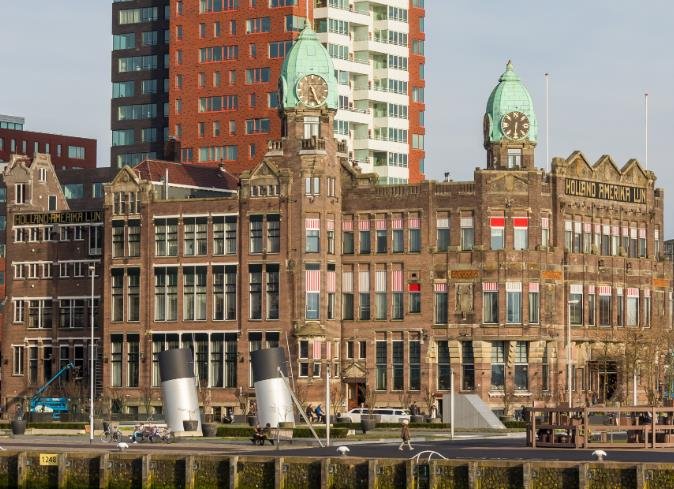The Netherlands, once the coveted home for multinational corporations, is witnessing a paradigm shift as businesses contemplate departure, signaling a potential end to its era as a global business hub.
The Dutch allure for big business is fading. Companies like ASML, the European tech behemoth, have voiced concerns over the country’s growth limitations and are considering relocation to find the necessary space, talent, and political backing. This sentiment is echoed by other multinationals, hinting at a broader trend of corporate disillusionment with the Dutch business climate.

The government’s recent €2.5 billion support scheme for the tech sector may be a case of too little, too late. The political landscape is shifting, with a right-wing government on the horizon, potentially altering the nation’s pro-business stance.
A Legacy at Risk
The Netherlands’ reputation as a business-friendly environment dates back centuries, to the times of the Dutch East India Company. However, the current wave of relocations and the looming political changes threaten to undermine this legacy.
The country’s strategic location and open economy have long attracted companies seeking a gateway to Europe. But now, the Dutch model of “Netherlands, Inc.” is under pressure, with firms like Unilever and Shell, which have historical ties to the country, reassessing their presence due to the changing economic and regulatory environment.
Navigating Uncertain Waters
The potential departure of companies such as ASML could mark the end of the Netherlands’ open trade era. The government and businesses must navigate these uncertain waters carefully to maintain the country’s status as a prime location for international commerce.
The situation serves as a wake-up call for the Dutch economy, highlighting the need for adaptability and proactive measures to retain and attract global businesses. The decisions made today will shape the Netherlands’ economic future and its role in the global market.








